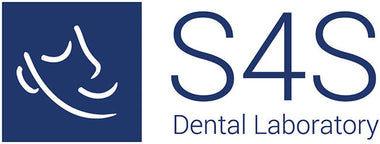How does the S4S Sleep Clench Inhibitor (SCI) help with Bruxism?
Compared to a full-arch, traditional guard, the SCi is a small, tailor-made appliance that is typically worn at night and serves as a barrier that prevents the dental arches from being able to come into contact with one another.
This barrier leads to a reduction in clenching and inhibits muscle activity associated with Bruxism. As such, the tension that may cause migraines, headaches and jaw and neck pain is greatly reduced.
Our Sleep Clench Inhibitor for Bruxism reduces the high forces that can be generated in the facial muscles by eliminating posterior tooth contact, and may reduce the common side effects associated with Bruxism.











